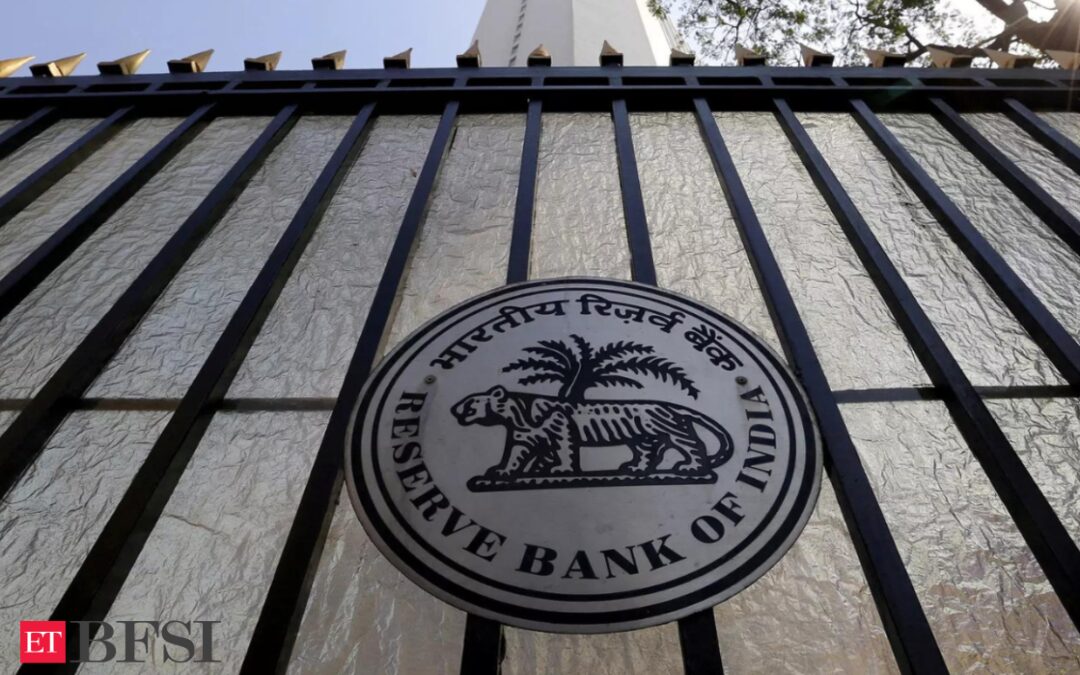The top rating of A+ for RBI governor Shaktikanta Das by Global Finance magazine, comes at a time when India’s sovereign rating is stuck at the lowest rung of the investment grade, as announced by all three major rating agencies. The low country or sovereign rating rankles, especially as, in terms of GDP India is now the fifth largest in the world. It is also the fastest-growing economy and an attractive investment destination globally. Faced with the intransigence of the likes of Moody’s and S&P, Indian government functionaries and other economic experts have often stated that the global rating agencies display a bias against emerging economies.
This rating of Das, who was placed at the top of the list of 21 heads of central bank from across the world, means much more than just a personal achievement. This is also an affirmation of the role played by the Indian central bank in steering the Indian economy, especially during the stormy days of the pandemic. It is an attestation of the RBI’s performance in four key areas: Inflation Control, Economic Growth, Currency Stability, and Interest Rate Management.
This accolade elevates India’s top banker into the league of top global central bankers and serves as a benchmark for others. It is solid proof that India’s economic policies and governance are on the right track. The question now is whether this will prod the global agencies to think about India differently, or take a re-look at their own rating mechanism?
So what do credit rating agencies or CRAs do? Usually the agencies like Moody’s, Fitch or S&P assess implied credit risk for companies, stocks, government, mortgage-backed securities, bonds and collateralised debt obligations. They rate on a scale, with AAA at the highest and either a C or CCC or D at the lowest end. On top of this they announce an outlook, which can vary from positive to stable to negative. India is squarely somewhere in the middle, with B being the lead alphabet, and it in no way reflects how good an investment destination India is.
The Economic Survey of 2021 had pointed out that historically, the fifth largest economy in the world always got AAA rating, with two exceptions. The survey showed that in 1994, when China became the world’s fifth largest economy, it had a rating much lower than its peers. When India broke into the club in 2019, a similar thing has been seen. The survey used these examples as a sign of bias against the emerging economies at the rating agencies.
The sovereign rating assigned by agencies to a country also affect how easily companies from the region are able to raise debt or even capital, from global sources. Sometimes, companies are able to pierce through the ceiling and ga better rating than the sovereign rating. ICICI Bank in its original avatar as ICICI had pierced the rating ceiling more than two decades ago.
The recognition of Das is a reflection of India’s broader economic stability and governance. This achievement should serve as a wake-up call for global rating agencies to re-evaluate India’s sovereign ratings. For too long, the country’s ratings have not adequately reflected its economic resilience and governance capabilities. This rating is concrete evidence that India’s strong economic performance is backed by robust governance and disciplined economic management.
It is high time that global rating agencies take note and provide a fair assessment of India’s sovereign rating, which could further boost investor confidence and open new avenues for economic partnerships.
The A+ rating for Das is a significant milestone, but not an isolated achievement. Over the years, the RBI has implemented several successful policies that have positively impacted the Indian economy. For instance, its proactive measures during the Covid-19 pandemic ensured financial stability and instilled confidence among investors and the public alike.
India has consistently moved ahead on other business ratings like World Bank’s now-defunct ‘ease of doing business’ index. India also moved up significantly in the Economist Intelligence Unit’s Global Business Environment Ranking. So an expectation of a sovereign debt rating upgrade is not misplaced.
Therefore, the high rating for Das is not just an accolade but also signifies that RBI, and by extension, India, has a role to play on the global financial stage. This recognition opens doors for international collaborations, investments, and partnerships. It sends a strong message to international investors and industry leaders that India is a reliable and promising market, backed by robust governance and disciplined economic management.
(The writer is founder, Avaada Energy)










